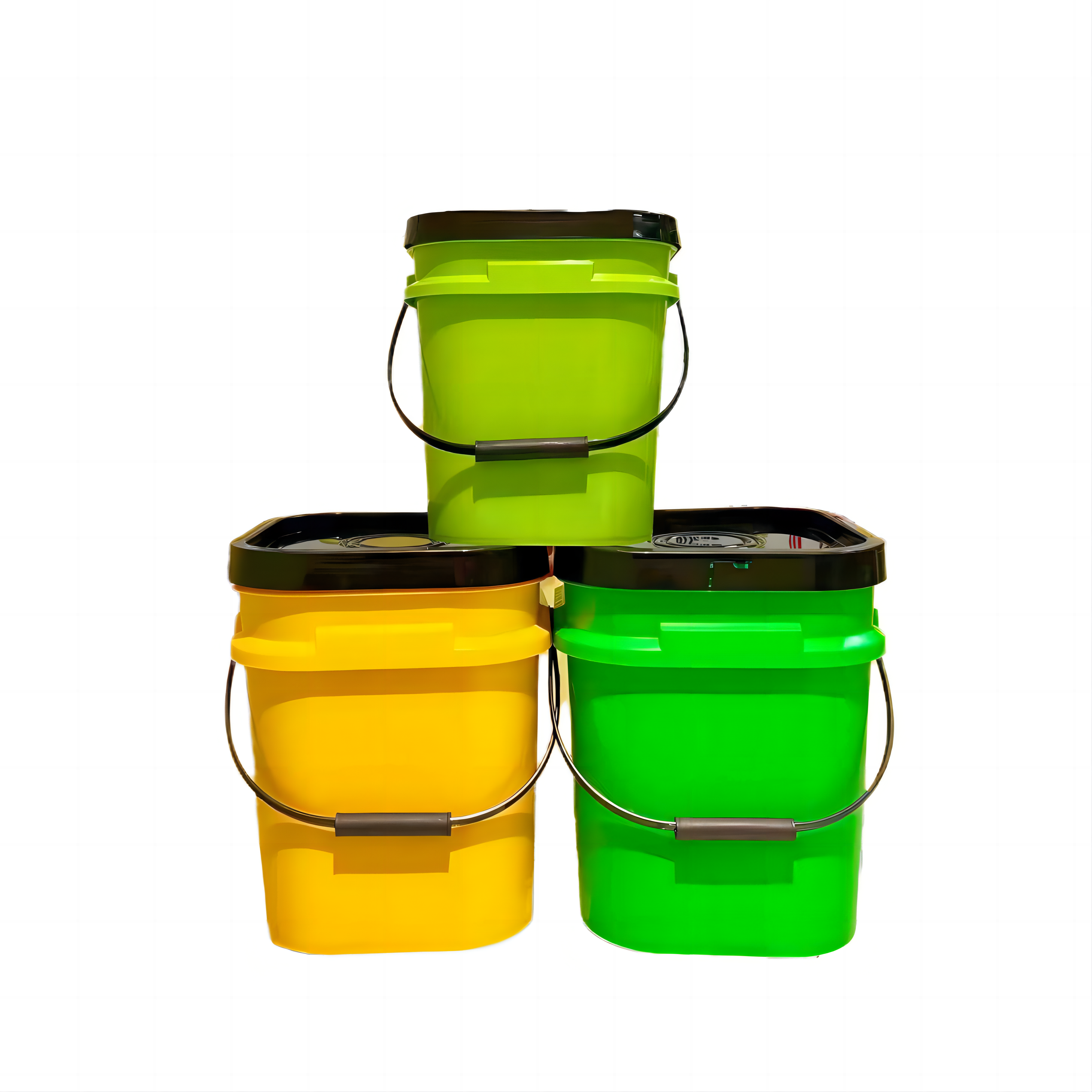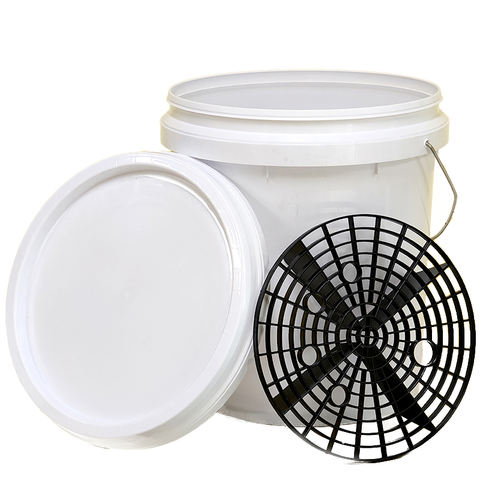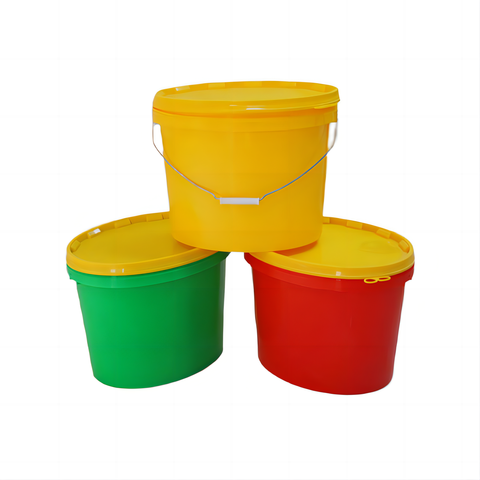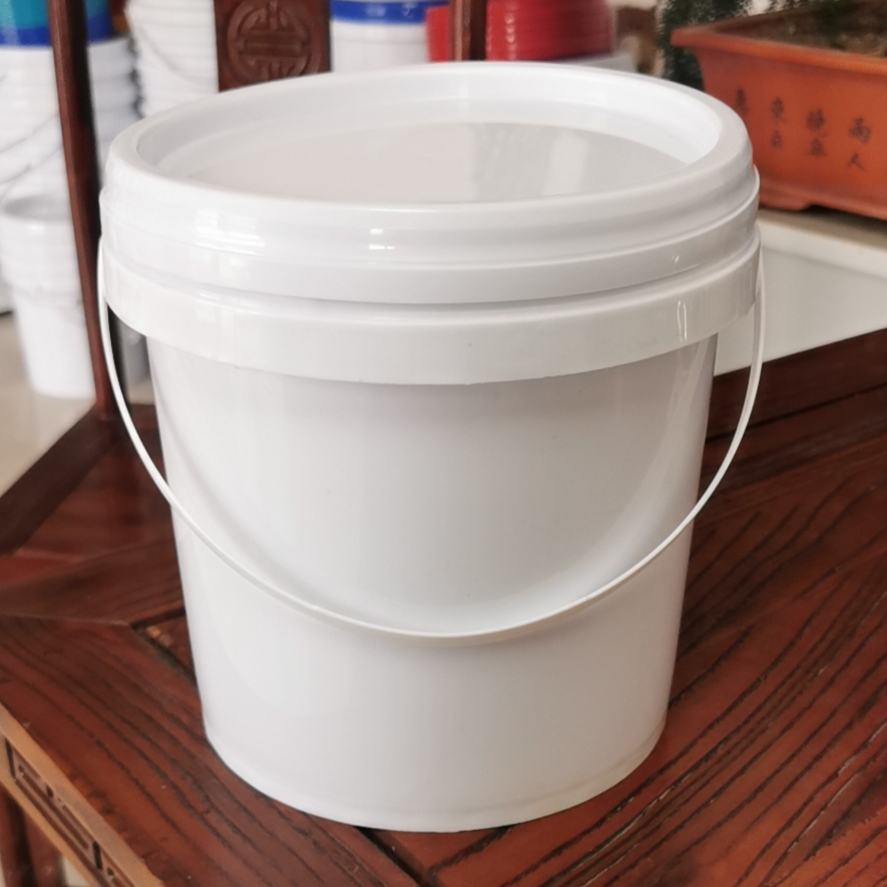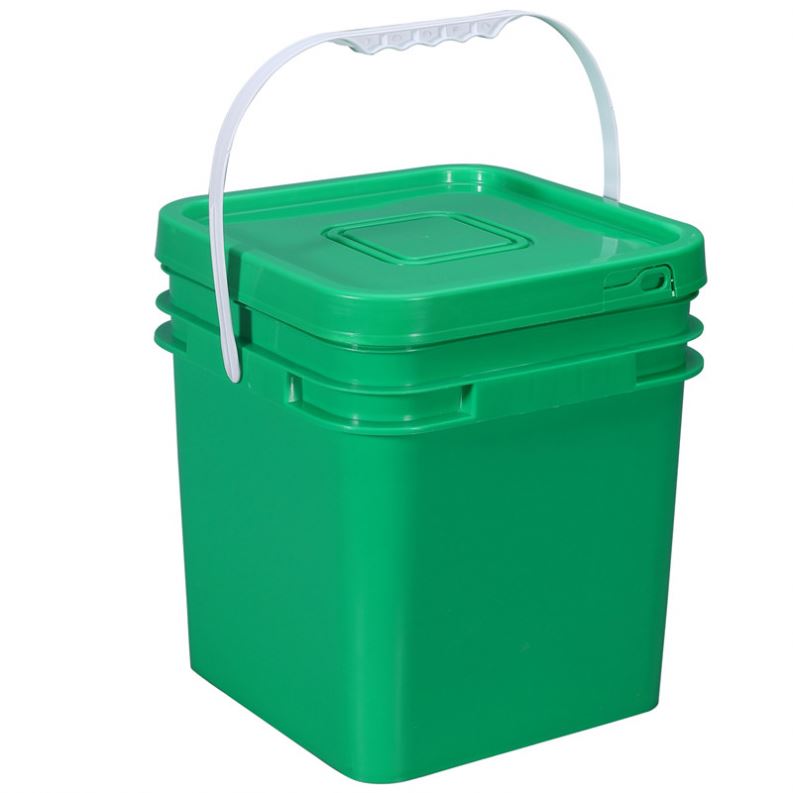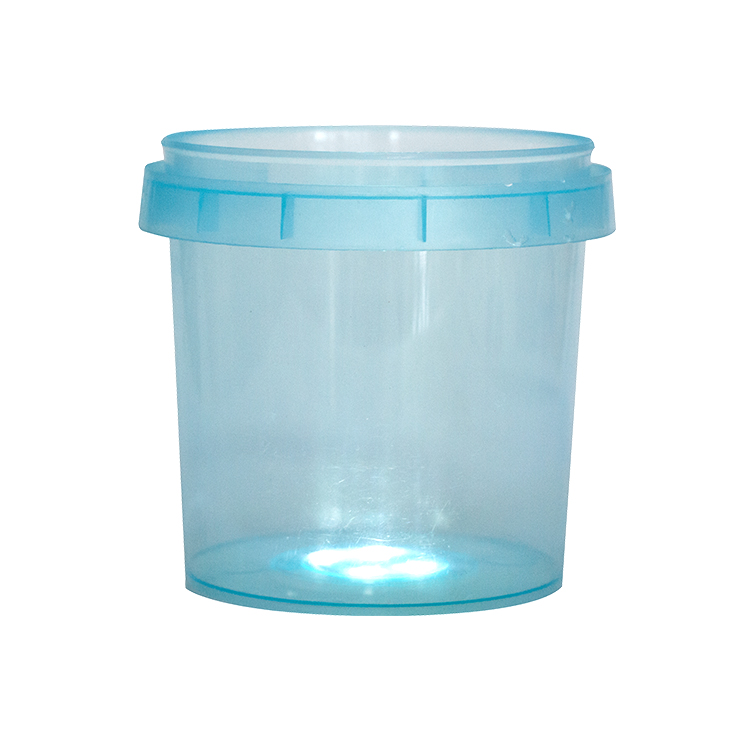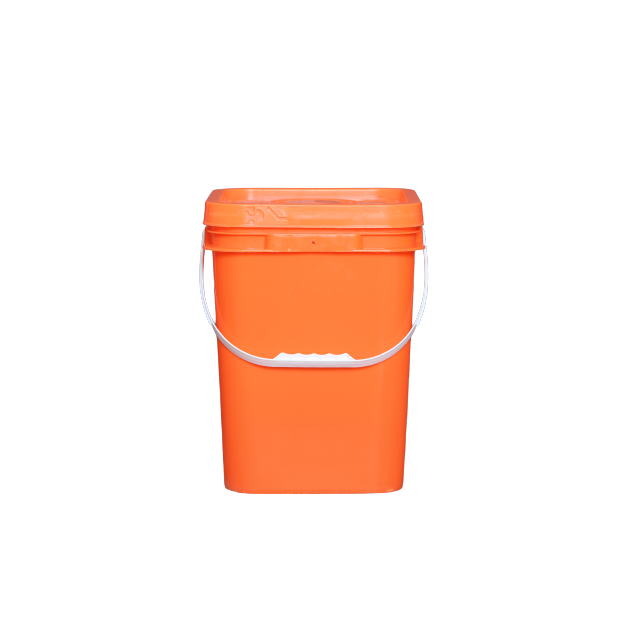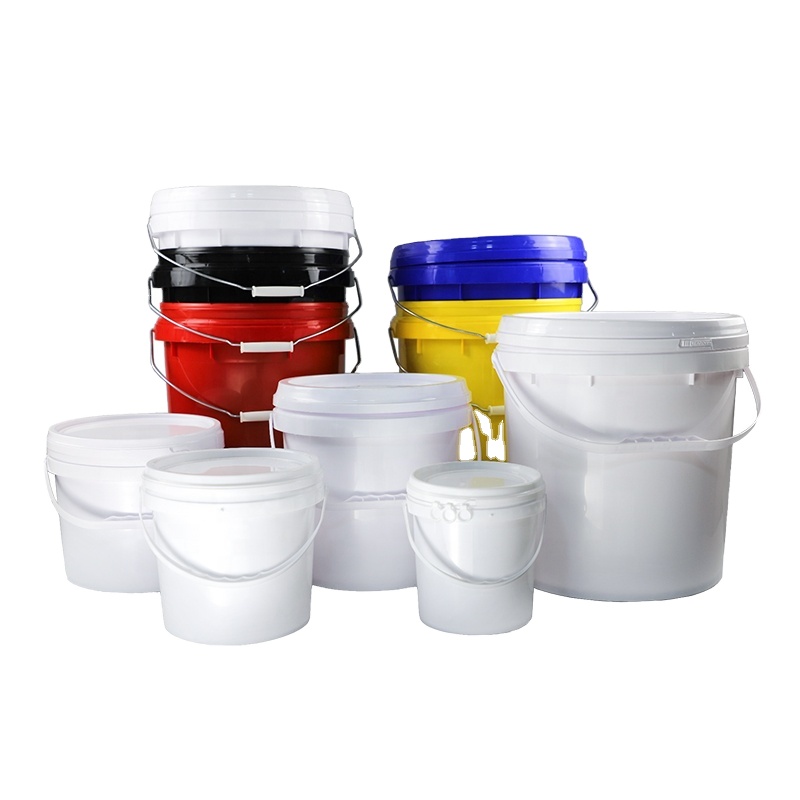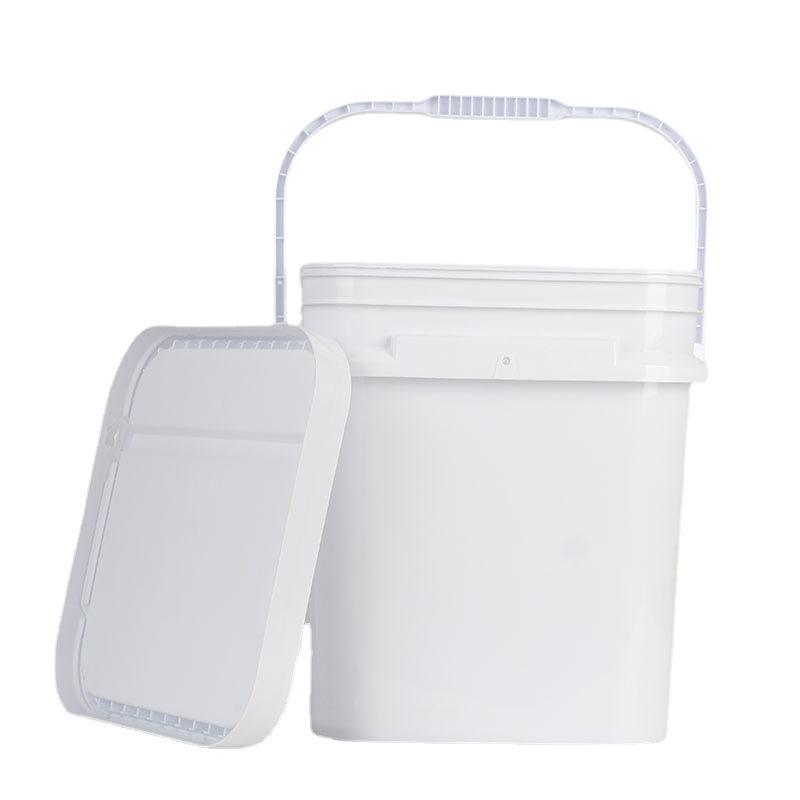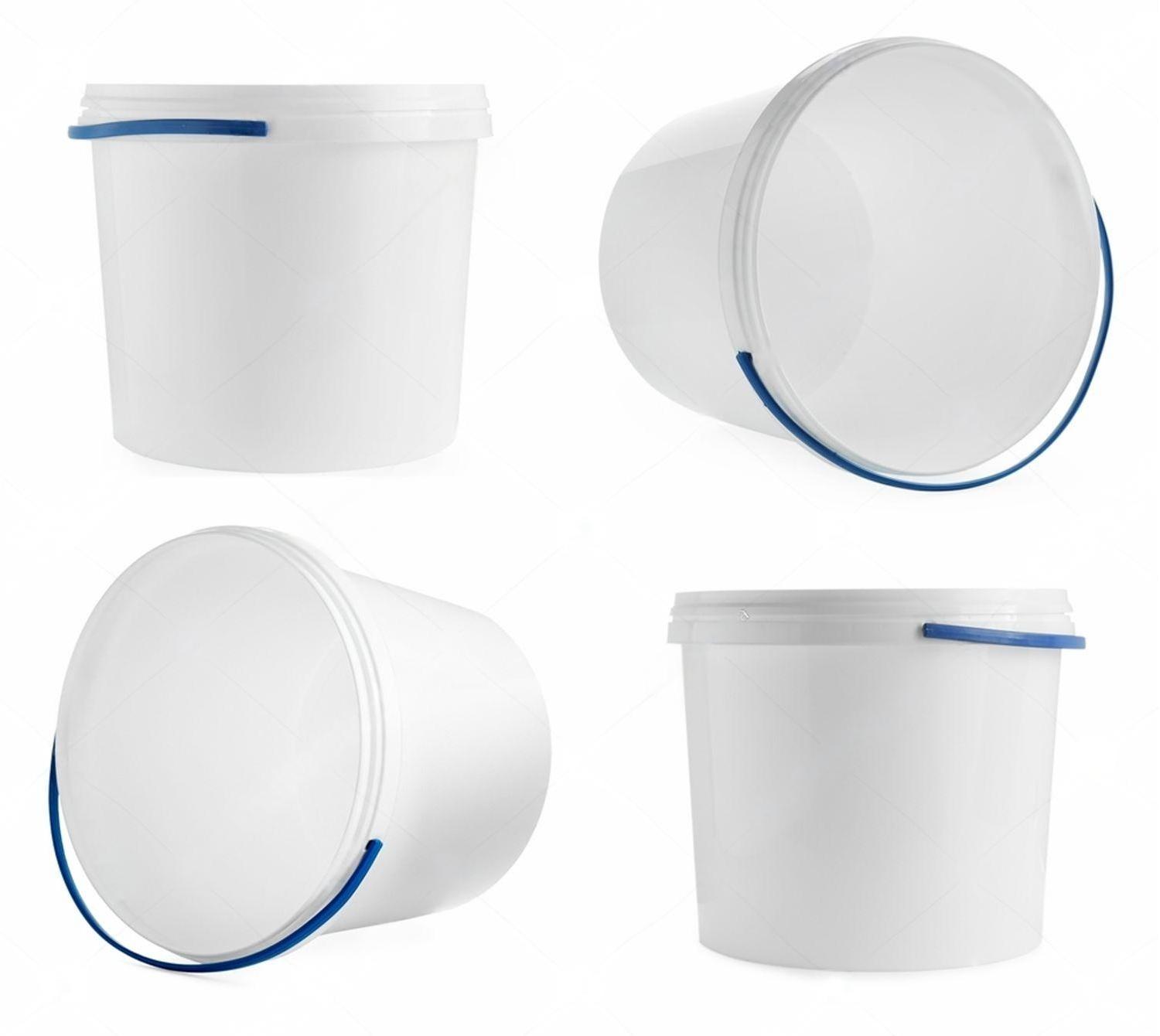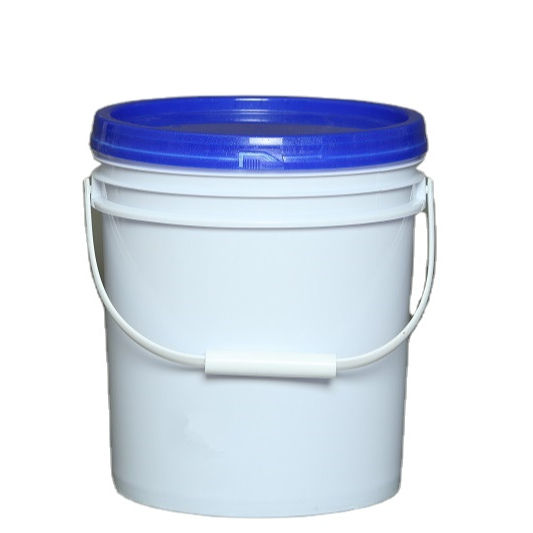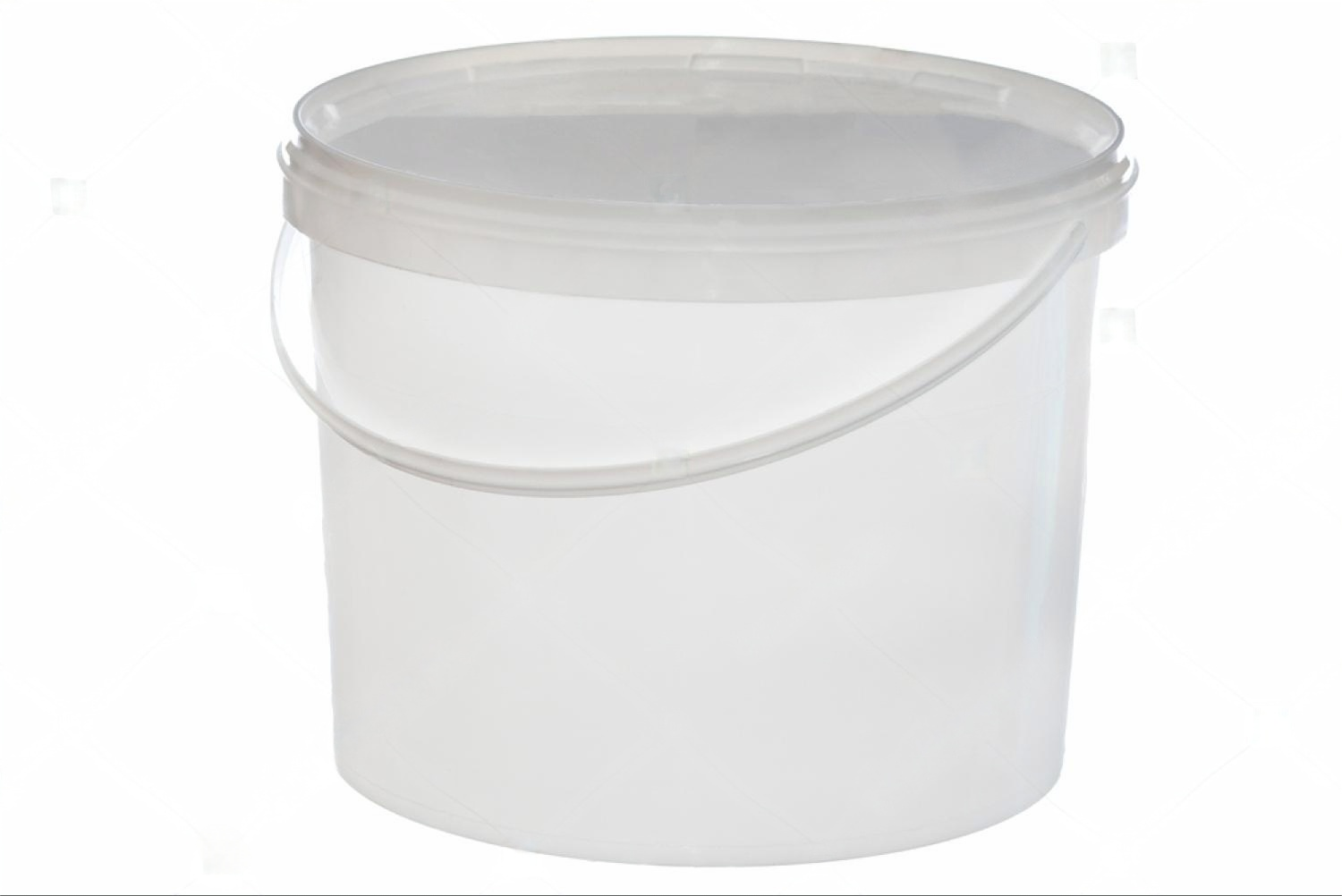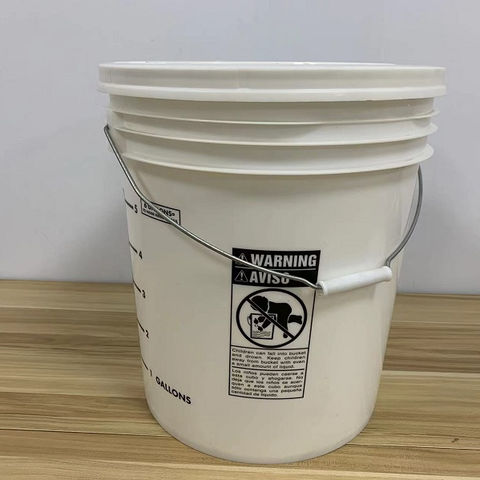
Lorem ipsum dolor sit amet, consectetur adipiscing elit, sed do eiusmod Lorem ipsum dolor sit amet consectetur adipiscing elit, sed do eiusmod lorem ipsum
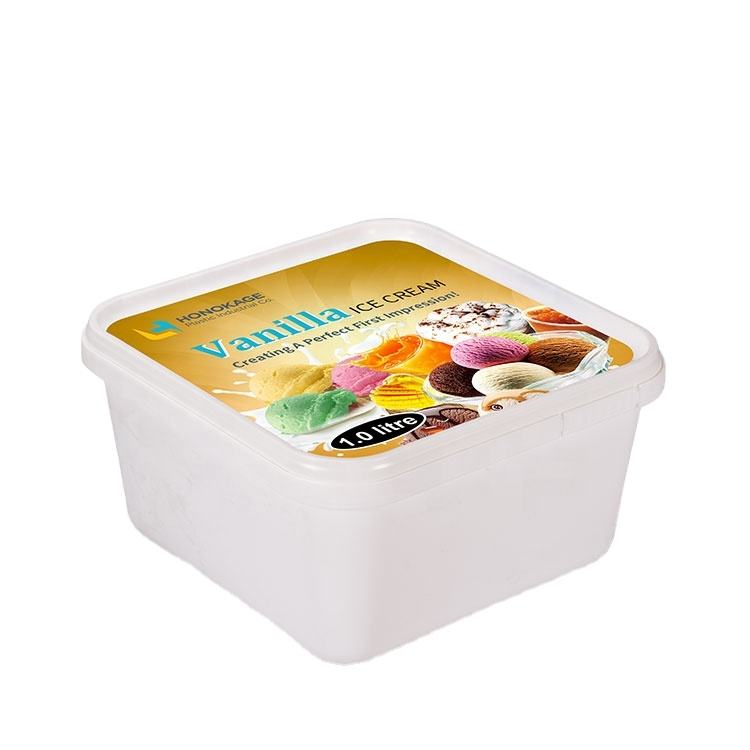
Overholdelse af FDA: Standarder for produktion af fødevarebeholdere
Forside Indholdsfortegnelse Introduktion At sikre fødevaresikkerhed er altafgørende i emballageindustrien. FDA (Food and Drug Administration)
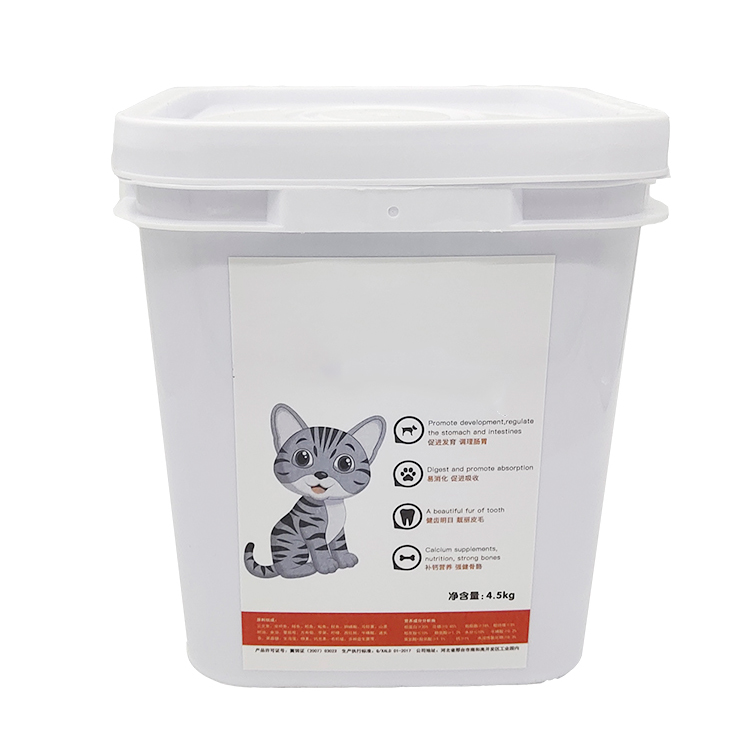
Fremstillingsanalyse: Produktionslinje for spande til fuglefrø 2024
Omfattende analyse af produktionen af fuglefrøspande i 2024, der dækker materialer, fremstillingsprocesser, sikkerhedsstandarder og bæredygtighedspraksis. En vigtig guide for branchefolk og producenter.
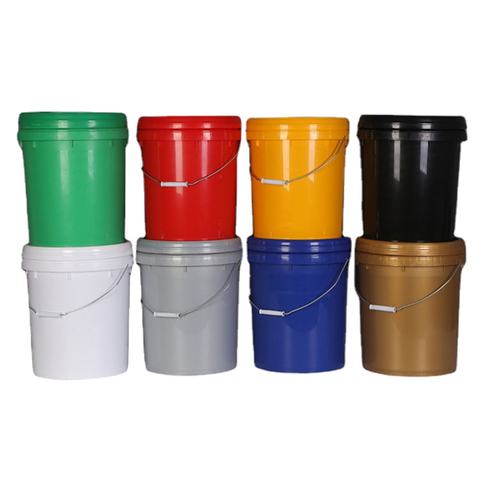
Teknologi til produktion af kemiske spande: Væsentlige standarder og retningslinjer for fremstilling
Forside Indholdsfortegnelse Introduktion Fremstillingen af plastemballagespande kræver præcise standarder og avanceret teknologi for at garantere sikkerheden,

